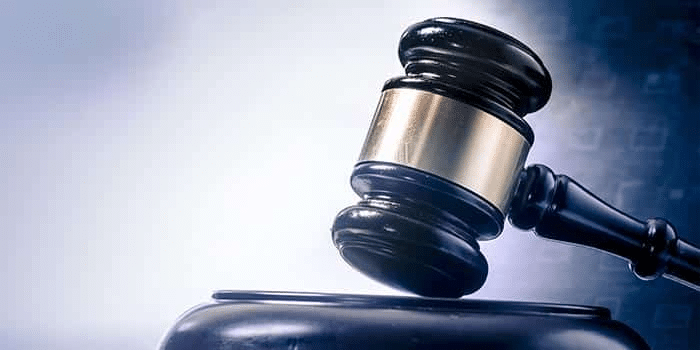On November 5, 2025, an appeals court revived the legal battle against Resorts World Las Vegas, sending the case back to the US District Court for another look. This decision offers high-stakes gambler Robert “R.J.” Cipriani an opportunity to continue his pursuit of justice, alleging misconduct by the casino.
Cipriani, known in the online world as “RobinHood 702,” claims that Resorts World failed to protect him from harassment by fellow gambler Robert Alexander while he was visiting the casino. This case, which Cipriani has been advocating for several years, was initially dismissed by District Judge Miranda Du, which led to Cipriani’s appeal in October.
On Monday, the Ninth Circuit Court of Appeals, consisting of Judges Mark Bennett, Gabriel Sanchez, and Holly Thomas, determined that the district court had incorrectly applied the doctrine of judicial estoppel in its dismissal of Cipriani’s claims. The claims focused on negligence, innkeeper liability, and negligent supervision by Resorts World.
Judicial estoppel is intended to prevent a party from adopting contradictory positions in legal proceedings. Yet, the panel maintained the dismissal of charges against the former president of Resorts World, Scott Sibella, indicating that Cipriani had not successfully demonstrated Sibella’s qualification as an ‘innkeeper’ under Nevada Revised Statutes.
The judges noted: “The court rested its determination on a supposed inconsistency between Cipriani’s previous assertion in a state court action that Resorts World ejected Alexander presumably to ensure Cipriani’s safety, and his federal claim that Resorts World ignored his safety by allowing Alexander to harass him.” The judges further articulated that Cipriani’s federal allegations did not contradict his state claims. “Both assertions can coexist—Cipriani’s argument that Resorts World permitted or encouraged the harassment before ultimately ejecting Alexander isn’t ‘clearly inconsistent’ with his prior statements.”
During the October hearing, Resorts World’s legal representative, Tamara Beatty Peterson, contended that Cipriani had altered his narrative across different legal filings. Sibella’s defense team emphasized that he could not be individually held accountable under the claims of negligence or innkeeper liability.
The context of this case falls within a broader landscape of casino-related litigation, where high-profile figures often bring substantial claims against gaming establishments. These cases frequently revolve around alleged breaches of duty by casinos to protect their patrons, a critical element of gaming industry operations.
In contrast, Resorts World maintains that it followed all appropriate measures concerning Cipriani’s complaints. The casino’s legal team argues that the intervention—ejecting Alexander—demonstrates a commitment to patron safety, not negligence. Such counterpoints raise questions about the standards of liability and accountability in the casino sector.
As the case progresses, it could set a precedent impacting how casinos are expected to manage and respond to allegations of patron misconduct. The stakes are high, not only for Cipriani and Resorts World but also for the broader gaming community. The final judgment could influence operational protocols at casinos, especially concerning their responsibility to protect guests while managing high-stakes environments.
The timing for the rehearing has not been scheduled, but the case’s revival ensures that Cipriani’s allegations will continue to receive judicial scrutiny. Legal experts suggest that the prolonged nature of this lawsuit underscores the complexities involved in adjudicating cases where personal safety and corporate responsibility intersect.
As one expert put it, “In the realm of high-stakes gambling, the line between entertainment and obligation can blur, making it vital for legal standards to be clear and consistently applied.” This case will continue to draw attention as it unfolds, serving as a touchstone for legal and ethical standards in the gaming industry.
Both the casino’s patrons and operators await a resolution, as the outcome could have far-reaching implications on how similar cases are handled in the future, potentially reshaping expectations and practices in the world of high-stakes gambling.

Garry Sputnim is a seasoned journalist and storyteller with over a decade of experience in the trenches of global news. With a keen eye for uncovering stories that resonate, Alex has reported from over 30 countries, bringing light to untold narratives and the human faces behind the headlines. Specializing in investigative journalism, Garry has a knack for technology and social justice issues, weaving compelling narratives that bridge tech and humanity. Outside the newsroom, Garry is an avid rock climber and podcast host, exploring stories of resilience and innovation.
















